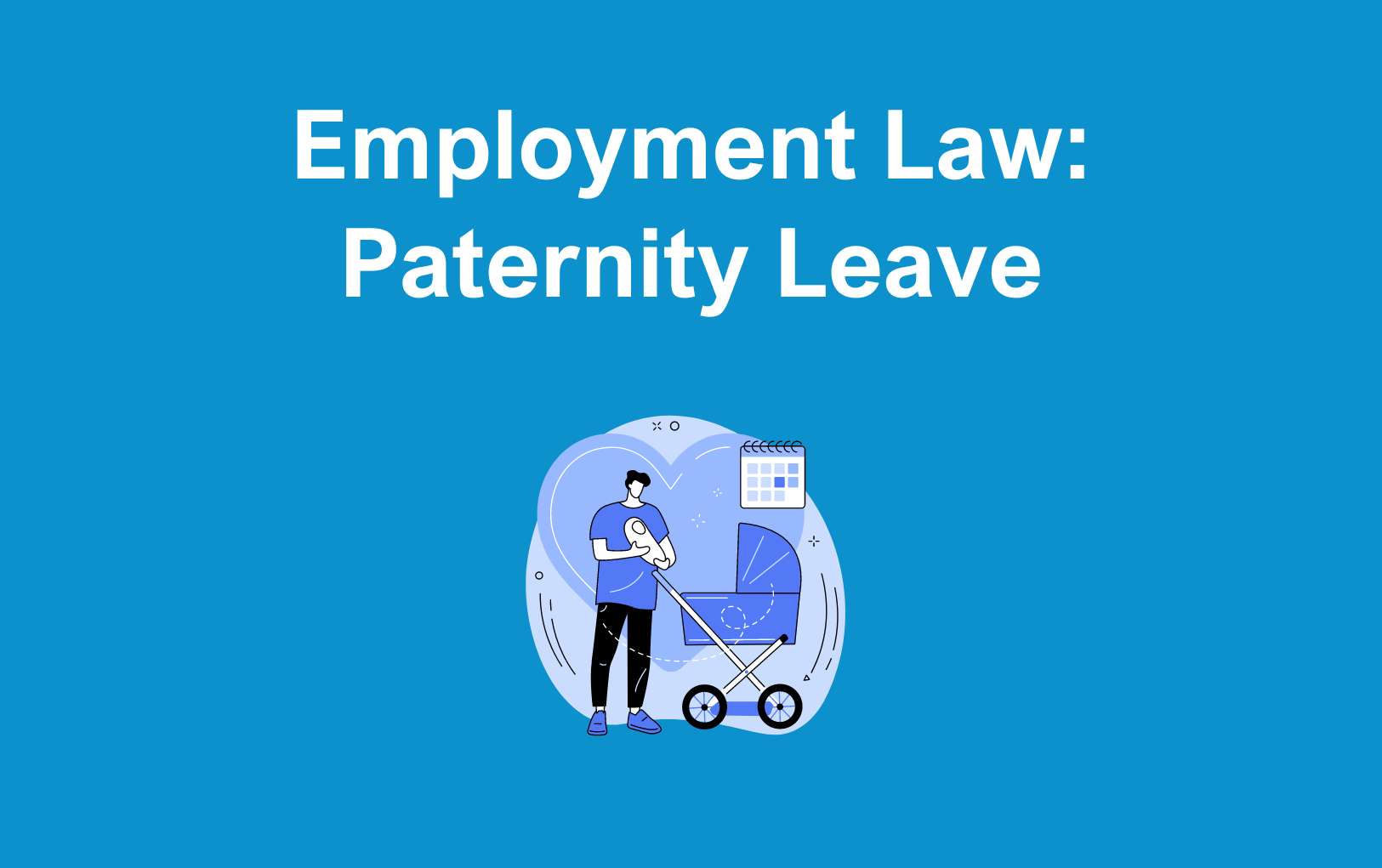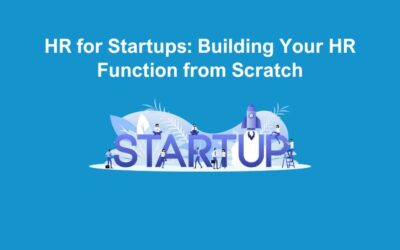Paternity Leave: The Key Changes
In the forthcoming Employment Law Updates, there are several significant changes regarding Paternity Leave that you should be aware of, particularly if your baby is born after the 6th of April 2024. These updates, which have been in effect since the 8th of March 2024, aim to enhance the provisions and accessibility of Paternity Leave for eligible employees. The changes may include adjustments to the duration of Paternity Leave, eligibility criteria, entitlements, and accompanying benefits. It is imperative for you, as an employer or employee, to familiarise yourself with these modifications to ensure compliance and to make informed decisions regarding Paternity Leave arrangements.
Under the updated regulations, you now have the option to split your Paternity Leave into one-week blocks, offering a departure from the previous requirement to take all leave in one continuous period. This enhanced flexibility empowers fathers like you to better support your new-borns, adapting to your family’s changing needs more effectively.
Furthermore, the timeframe for taking Paternity Leave has been significantly extended. Previously restricted to the first eight weeks after birth, you can now take this leave at any point during your child’s first year. This expanded window provides you with a wider range of options, recognising the diverse demands and challenges families face during this pivotal time.
As an employer, it’s essential to support your staff by embracing these changes, fostering a workplace culture that prioritises employee well-being and family harmony.
As an employee, it’s important for you to note that the notice period for Paternity Leave has been significantly reduced to just four weeks, down from the previous requirement of 15 weeks. While it’s not obligatory to provide this notice in writing, it can be beneficial for both you and your employer to have a record of the request. This documentation can prove invaluable in the future should any issues or queries arise. By keeping a clear record, you ensure transparency and facilitate smoother communication between yourself and your employer, enhancing the overall efficiency of the leave arrangement process.
What responsibilities do you have as an employer?
As an employer, it’s essential to support you, the employee, during the birth of a new-born. Here are the key responsibilities you have to ensure your employees are adequately supported:
Responding in writing to Paternity Leave requests is highly recommended as it ensures that all relevant information is documented clearly and kept on record. This written correspondence acts as a valuable reference for both you as the employee and your employer, providing clarity and accountability throughout the Paternity Leave process.
Furthermore, it’s essential for your employer to confirm whether you will receive Paternity Pay within 28 days of your leave request. This timely confirmation enables you to plan your finances effectively during your time off. Conversely, if you’re not entitled to Paternity Pay, your employer must inform you of this decision promptly, ensuring transparency and managing your expectations.
You must comply with legal requirements regarding Paternity Leave, ensuring eligible employees are granted time off to support their partners during childbirth and bond with their new child.
Clearly communicate your Paternity Leave policies to employees, including eligibility criteria, notice requirements, and entitlements. This ensures they understand their rights and can make informed decisions.
Offer flexible work arrangements to accommodate the needs of employees during this time. This may include allowing remote work, adjusting work hours, or providing additional time off as needed.
Foster a supportive and understanding work environment by encouraging open communication and empathy among colleagues. Acknowledge the challenges employees may face balancing work and family responsibilities.
Ensure the health and safety of employees returning to work after the birth of a newborn. Provide appropriate support and accommodations, such as breastfeeding facilities or flexible break times.
Provide parental support programs or resources to help employees navigate parenthood. This could include counselling services, parental leave workshops, or online resources.
Respect the privacy and confidentiality of employees during this sensitive time. Handle information about their family situation with discretion and only share it on a need-to-know basis.
By fulfilling these responsibilities, you can support your employees during the birth of a new-born, fostering a positive workplace culture and helping them balance work and family commitments effectively.
How does this help your employees?
Supporting you through Paternity Leave is not just a gesture of goodwill; it yields tangible benefits for both you and our organisation:
- Wellbeing: Paternity Leave offers you the opportunity to bond with your new-born and actively participate in caregiving responsibilities from the earliest stages. This fosters stronger family relationships and contributes to your overall well-being.
- Mental Health: Taking time off to support a new addition to your family can alleviate stress and anxiety. By offering Paternity Leave, we acknowledge the importance of mental health and provide a supportive environment for you during significant life transitions.
- Increased Productivity: When you are supported through Paternity Leave, you are more likely to return to work refreshed and motivated. This can lead to increased productivity and effectiveness in your role, as you are better able to focus on work knowing your family needs are being addressed.
- Talent Retention: We believe that supporting Paternity Leave helps us retain top talent. We want you to feel valued and appreciated, knowing that we recognise the importance of your family life. This can reduce turnover rates and the associated costs of recruitment and training.
- Diversity and Inclusion: Embracing Paternity Leave promotes diversity and inclusion in our workplace by recognising the varied family structures and caregiving responsibilities of our employees. It demonstrates our commitment to creating an equitable work environment where all employees are supported.
- Legal Compliance and Reputation: Complying with Paternity Leave legislation not only ensures legal compliance but also enhances our organisation’s reputation. We want to be known for our supportive policies, attracting positive attention from potential recruits, customers, and stakeholders, and enhancing our brand image.
By actively supporting you through Paternity Leave, we foster a culture of care, empathy, and respect. This not only benefits you and your family but also contributes to a positive workplace environment and our organisational success
Consider Breathe HR
Given the complexities involved in managing Paternity Leave, especially with various legal requirements and administrative tasks, we highly recommend considering the implementation of Breathe HR. This comprehensive HR management software offers a range of features designed to streamline the entire process.
With Breathe HR, you can efficiently handle all aspects of your Paternity Leave requests, from submitting the initial request to tracking the approval status. The software provides a user-friendly interface that allows you to easily navigate through the process, ensuring that all necessary information is captured accurately.
Additionally, Breathe HR offers robust notification features, keeping you informed at every step of the process. You’ll receive timely updates on the status of your leave request, ensuring transparency and reducing uncertainty.
Moreover, Breathe HR seamlessly integrates with payroll systems, simplifying the process of managing your leave entitlements and ensuring accurate payment during your time off. This integration eliminates the need for manual calculations, reducing the risk of errors and ensuring compliance with regulations.
By embracing technology through Breathe HR, you can simplify administrative tasks associated with Paternity Leave, allowing you to focus on what matters most – spending quality time with your new-born and supporting your family. Ultimately, this enhances your overall experience during this crucial time, providing peace of mind and ensuring a smooth transition back to work when you’re ready.
You can find out more on Breathe here.
Paternity leave and pay play crucial roles in fostering a supportive and inclusive workplace environment that recognises the importance of family and caregiving responsibilities. As society evolves and traditional gender roles shift, the significance of paternity leave and pay becomes increasingly evident, not only for fathers but for families as a whole.
Paternity leave offers fathers the opportunity to bond with their new-borns, actively participate in caregiving duties, and provide crucial support to their partners during a transformative period in their lives. It promotes gender equality by challenging traditional stereotypes and encouraging shared parenting responsibilities. Additionally, paternity leave contributes to improved mental health and well-being for fathers, allowing them to establish strong familial bonds and alleviate stress associated with balancing work and family commitments.
Paternity pay further enhances the accessibility of paternity leave by providing financial support to fathers during their time away from work. This ensures that fathers from diverse socioeconomic backgrounds can take advantage of paternity leave without facing financial hardship. Moreover, paternity pay demonstrates an employer’s commitment to supporting employees through significant life events and contributes to employee satisfaction, loyalty, and retention.
While progress has been made in recognising the importance of paternity leave and pay, there is still room for improvement. Employers and policymakers must continue to advocate for extended and fully paid paternity leave, ensuring that all fathers have the opportunity to be actively involved in their children’s lives from the very beginning. Moreover, addressing cultural and societal norms that may discourage fathers from taking paternity leave is essential to creating a more inclusive and equitable society.
In conclusion, paternity leave and pay are essential components of a modern workplace that values family, diversity, and employee well-being. By supporting fathers through paternity leave and pay, employers contribute to happier, healthier families and a more productive workforce, ultimately benefiting society as a whole.







